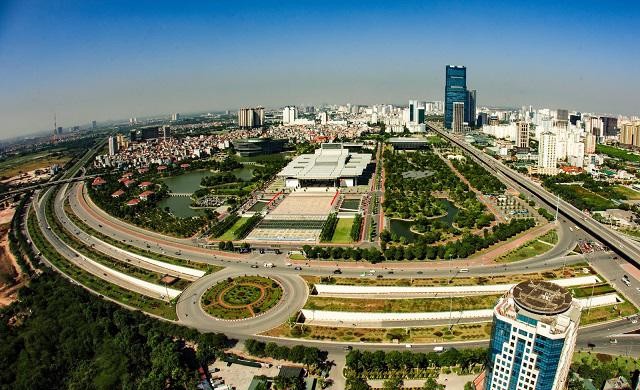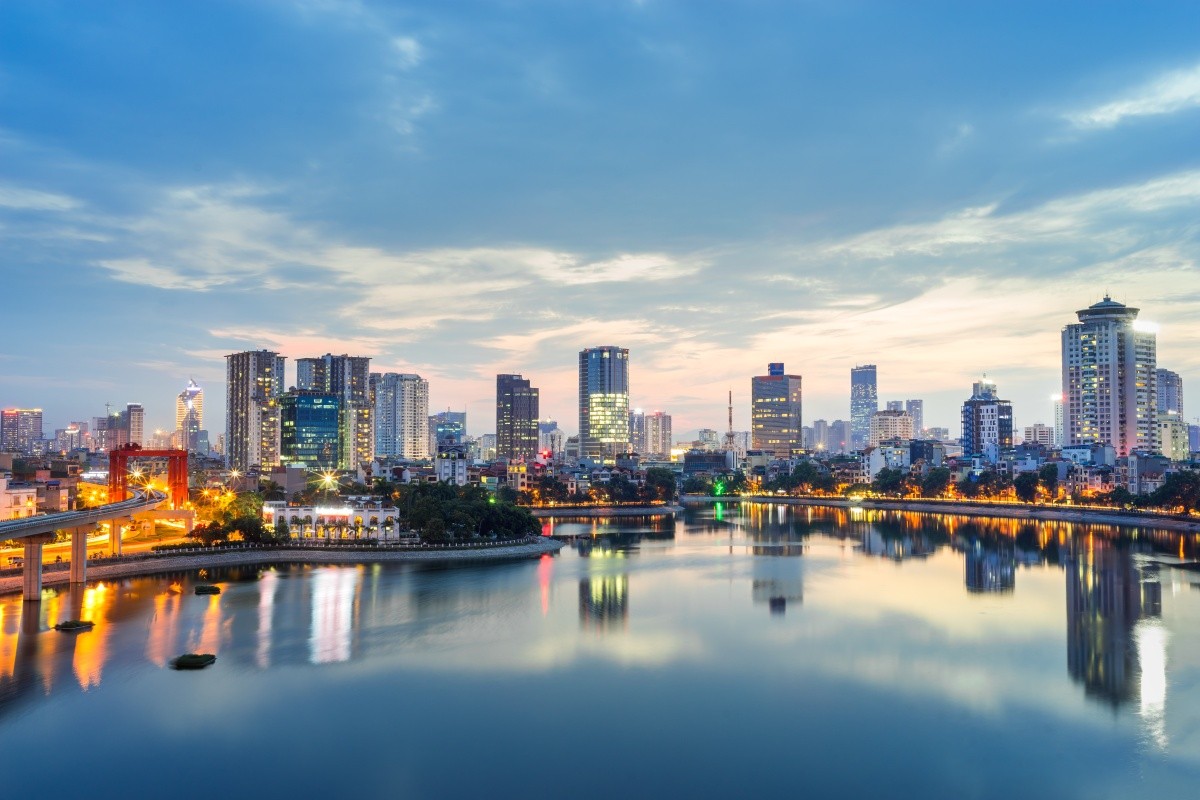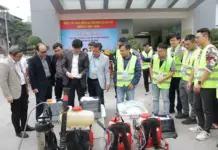The report, released by the IMD World Competitiveness Center’s Smart City Observatory and the World Smart Sustainable Cities Organization (WeGO), analyzes data and resident surveys from 142 cities globally.
In Asia alone, Hanoi ranks 20th out of 28 cities. The capital city is highly rated in terms of safety in public places, employment services, and easy access to information from competent agencies.
Earlier, Hanoi ranked 96th and is the only representative in Vietnam mentioned in the World’s Best Cities ranking.
The city moved up 16 places to 144th in a global ranking of the world’s most livable cities.
 |
| A corner of Hanoi. Photo: Tuan Anh |
The digitalization process is expected to help Hanoi realize its vision to become a smart and modern city by 2025, creating the foundation for rapid and sustainable economic development.
The view was shared in a resolution by the Hanoi Party Committee on promoting Hanoi’s smart city by 2025, with a vision to 2030.
Accordingly, the city should be among the leading localities in terms of digital transformation.
Building a smart city holds a strategic meaning for Hanoi’s long-term development, which requires strong efforts and a new mindset from the entire political system
By 2030, the city is envisioned to become a modern and smart city integrated into the network of smart urban cities in the region and the world; build comprehensive databases for priority economic sectors; and based on this, develop creative services for the benefit of the population and businesses, according to Hanoitimes.
Data should be seen as a new resource for socio-economic development, it noted.
Meanwhile, the resolution stressed the necessity for Hanoi to build adequate IT and digital infrastructure to help facilitate the digitalization process and build a smart city.
By 2025, 100% of administrative procedures should be provided online while the city completes an ecosystem of digital government.
The digital economy is expected to contribute up to 30% of the total regional gross domestic product (GDPR); Internet broadband coverage is expected to be 90%; and the rate of urban citizens with online payment accounts would exceed 50%.
Vice Director of the Hanoi Department of Information and Communications Nguyen Viet Hung said the city is in the preparation process for building a digital government, focusing on investing in infrastructure to develop databases for digitalization.
 |
| Earlier, Hanoi ranked 96th and is the only representative in Vietnam mentioned in the World’s Best Cities ranking. Photo: Baochinhphu |
“There have been positive developments in the development of the digital economy and society, which are demonstrated by the boom in e-commerce activities and the use of non-cash payment in various economic transactions,” he said.
In 2022, Hanoi ranked second in Vietnam’s 2022 e-Business Index with a score of 85.9, up 30.2 compared to 2021. The rate of adults using smartphones was estimated at 78% and households having access to broadband internet at 90%.
Ancient house in Ma May
NDO – Ma May, a rare quarter that still retains several old houses, has created one of the characteristics of Hanoi. Hanoi’s streets are becoming increasingly crowded and traditional features can sometimes be hidden behind modern life. But if one takes the time to relax and look around, the ancient features begin to reveal themselves.
Book festival “Hanoi – City for Peace” opens
NDO – The Hanoi book festival with the theme “Hanoi – City for Peace” opened at the Imperial Citadel of Thang Long in Hanoi on October 2, as part of activities to celebrate the 65th anniversary of the capital’s Liberation Day (October 10, 1954-2019).








